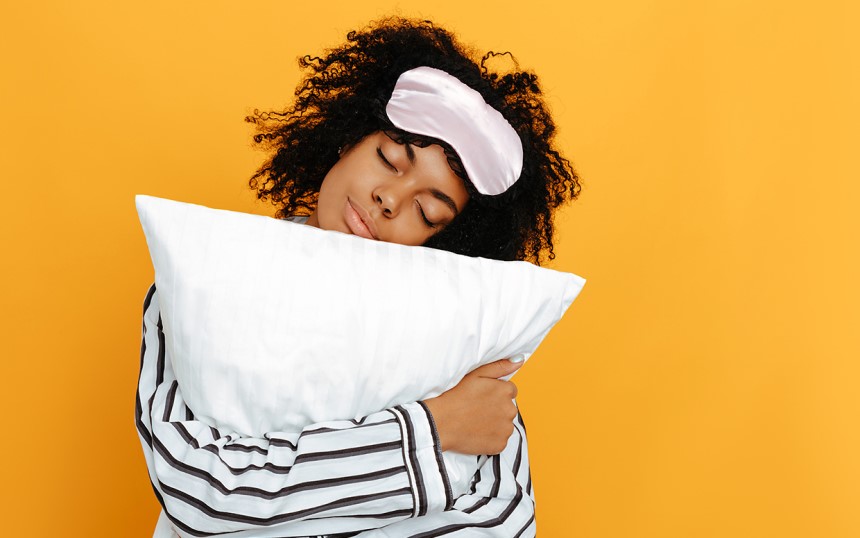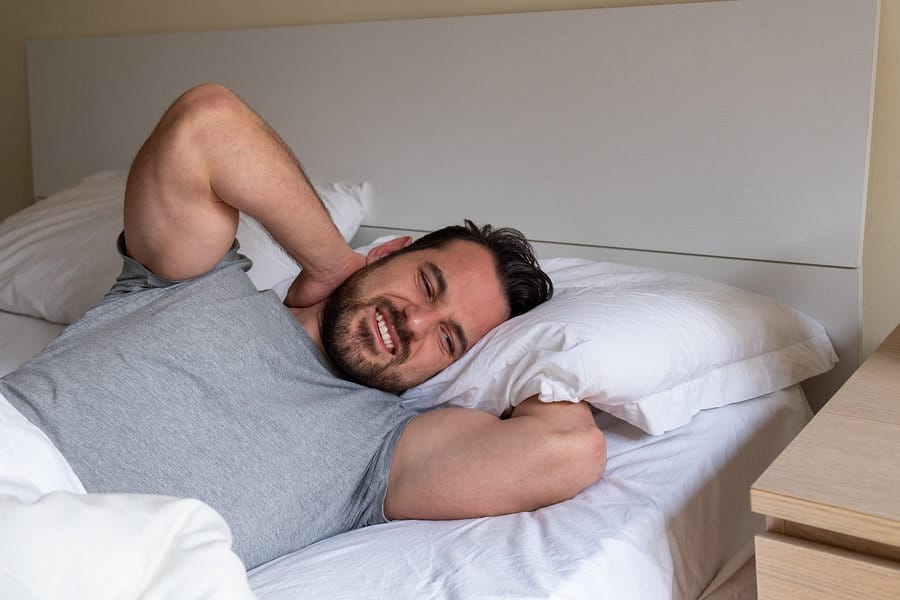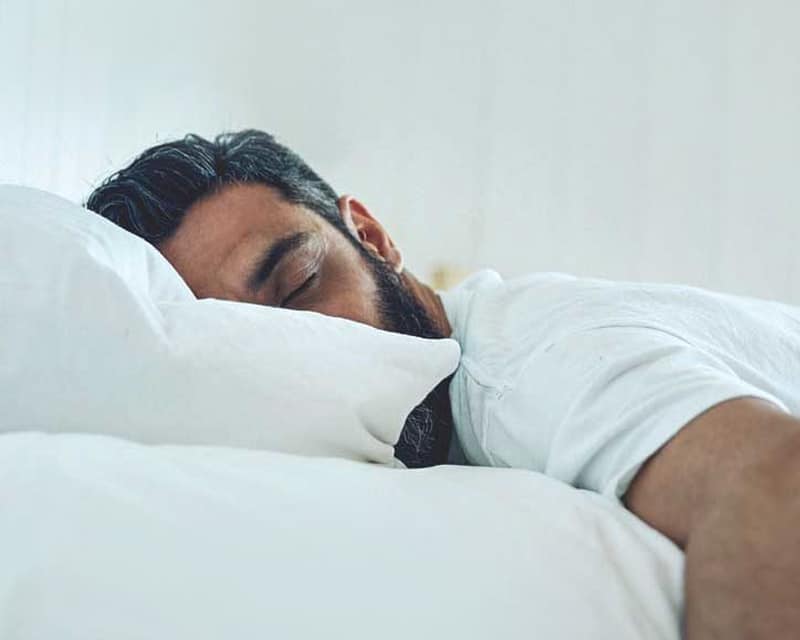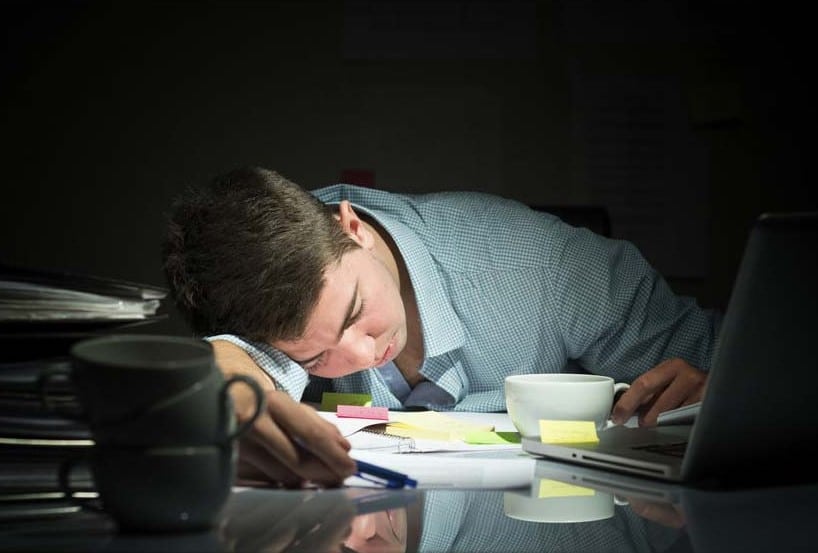

Sometimes, falling asleep for some people can feel like a challenge. For others, it could be as easy as a walk in the park. Whether you’re on one end of the spectrum or the other, it’s likely that you’ve wondered how long it normally takes you and other people to fall asleep.
It turns out that there are various factors that have a direct impact on the average time it takes you to fall asleep, as well as the quality of sleep you’re actually getting. Taking a long time to fall asleep could point to a larger problem related to your sleep hygiene, whereas falling asleep very quickly could mean that you’ve become sleep deprived.
When discussing the average time it takes to fall asleep, it’s important to bring multiple factors into discussion. These factors relate to your overall lifestyle, and can make or break the quality of sleep you get. For something so peaceful, the subject of sleep certainly does raise a lot of questions.

The period of time between you hitting the bed and you falling asleep is called sleep latency, and believe it or not, there’s actually been an exceptional amount of research done on this topic. One very important aspect of the brain that came to light throughout research and studies carried out by William C. Dement was that your brain is always keeping account of how much sleep it is owed, and will essentially chain your body to a ‘sleep debt’.
If a given person is being deprived of sleep, they will go further into sleep debt, and as a result, they will begin to fall asleep more quickly. Sleep latency can be measured through Multiple Sleep Latency Tests, which give scores on a 1:1 ratio of minutes to points. The lower the number of points, the lesser amount of minutes it takes to fall asleep, the more sleep-deprived a person is. The scores go as follows:
As mentioned, the amount of time it takes you to fall asleep can have a direct association with your lifestyle and sleep hygiene habits. Falling asleep within 10–20 minutes is normally a good sign of healthy sleep hygiene, whereas falling asleep too quickly, or taking too long to fall asleep, can point to problems in your lifestyle that can be fixed.
On the Multiple Sleep Latency Test, falling asleep within 10–20 minutes is described as a manageable – excellent amount of time, and likely shows that you are practicing proper sleep hygiene habits. Falling asleep within this time period normally means that you are getting sufficient sleep and are reaching deep state of sleep.
If it is taking you longer than 20 minutes to fall asleep, perhaps upwards of an hour to fall asleep, this can point to the likelihood of insomnia, which is normally induced by bad sleep hygiene habits. Taking this long to fall asleep can also mean that you are sleeping too much, which is also unhealthy for the body and brain.

These are some common good sleep hygiene habits that you can practice if you notice that it’s been taking you a long time to fall asleep. Lacking in any of these areas can possibly lead to a long sleep latency period and degrade your quality of sleep.
If it is consistently taking you a very long time to fall asleep every night, it’s likely that you are experiencing insomnia. Insomnia can be brought out due to different factors than the ones listed above, and can point to other problems you may be dealing with. Some common reasons a given person can experience insomnia include:
Luckily, there’s a good amount of advice to be told when it comes to falling asleep faster. Taking a long time to fall asleep is a common problem that many people experience, at least at one point in their life or another. If it’s taking you a long time to fall asleep, give these tips some consideration:
On average, it will take a person between 10–20 minutes to fall asleep. If you happen to be falling asleep within this time period, it’s likely that you have proper sleep latency and sleep hygiene habits. If you are falling asleep very quickly, or if it is taking you too long, this can point to other problems you may be having, whether it’s related to your lifestyle, sleepy hygiene habits, or other issues you are dealing with.
Taking a long time to fall asleep can be quite irritating. If this relates to you, be sure to give the tips listed above some consideration. Practicing at least one of them can potentially become the difference between good and bad sleep!





